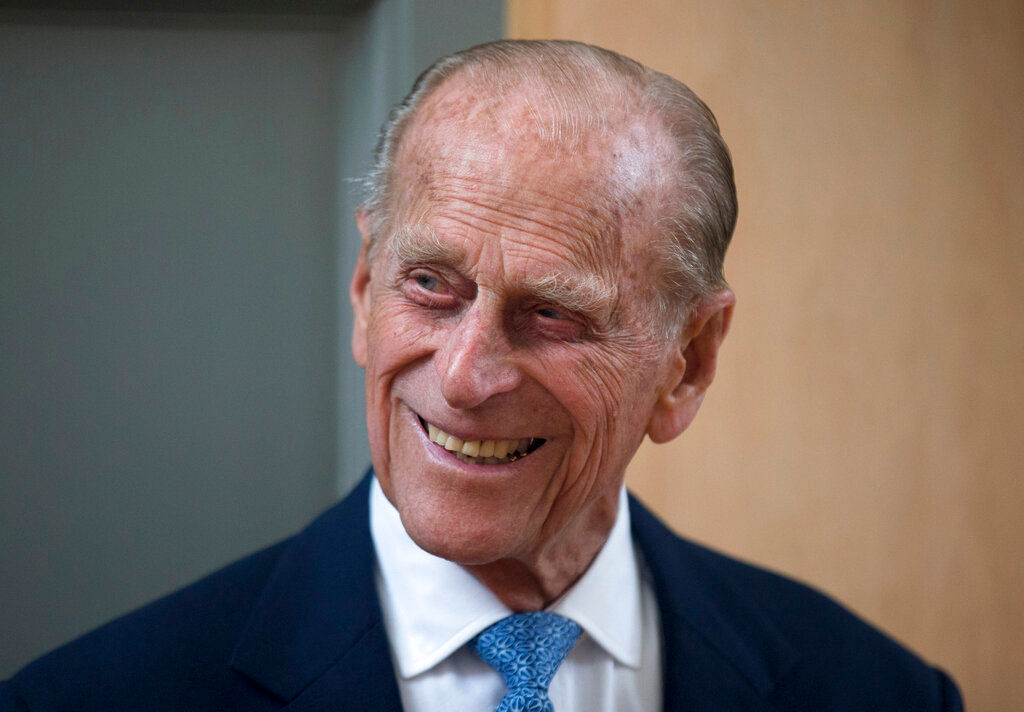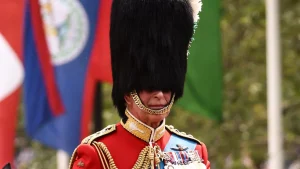A judge ruled that Prince Philip‘s will should remain secret to protect the ‘dignity’ of his widow Queen Elizabeth II. Prince Philip died earlier this year at the 99. He was married to Queen Elizabeth for more than seven decades. Usually, wills are public documents in Britain. However, it has become a custom that the wills of senior royals be sealed on the order of the High Court.
Judge Andrew McFarlane said Philip’s will should be sealed for 90 years. After that, it can be opened in private and consideration given to whether it should be published.
Also Read | All you need to know about ‘Harry & Meghan: Escaping the Palace’ film
“I have held that, because of the constitutional position of the Sovereign, it is appropriate to have a special practice in relation to royal wills,” McFarlane said in a written judgment.
“There is a need to enhance the protection afforded to truly private aspects of the lives of this limited group of individuals in order to maintain the dignity of the Sovereign and close members of her family.”
The judge stressed that he had not seen or been told of the contents of the will.
Also Read | Operation London Bridge: Queen Elizabeth II’s funeral plans leaked
The judge said that as president of the High Court’s family division, he is the custodian of a safe which holds 30 envelopes.
Those envelopes contain the sealed will of a deceased royal, including the late Queen Mother Elizabeth and the current queen’s sister, Princess Margaret. Both died in 2002.
Also Read | Harry, Meghan say royals took no accountability for raised concerns: Report
In the years that followed, a man who claimed to be Margaret’s illegitimate son, Robert Brown, fought a failed court battle to have both wills unsealed in order to seek evidence for his claim.
Also Read | As racist royal allegations swirl, implications for Charles and Britain’s monarchy
The judge said that while there might be “public curiosity” about royal wills, “there is no true public interest in the public knowing this wholly private information.”
The ruling came after a court hearing in July that was held in private. Media organizations were not allowed to make the case for publishing the will.
(With inputs from Associated Press)







